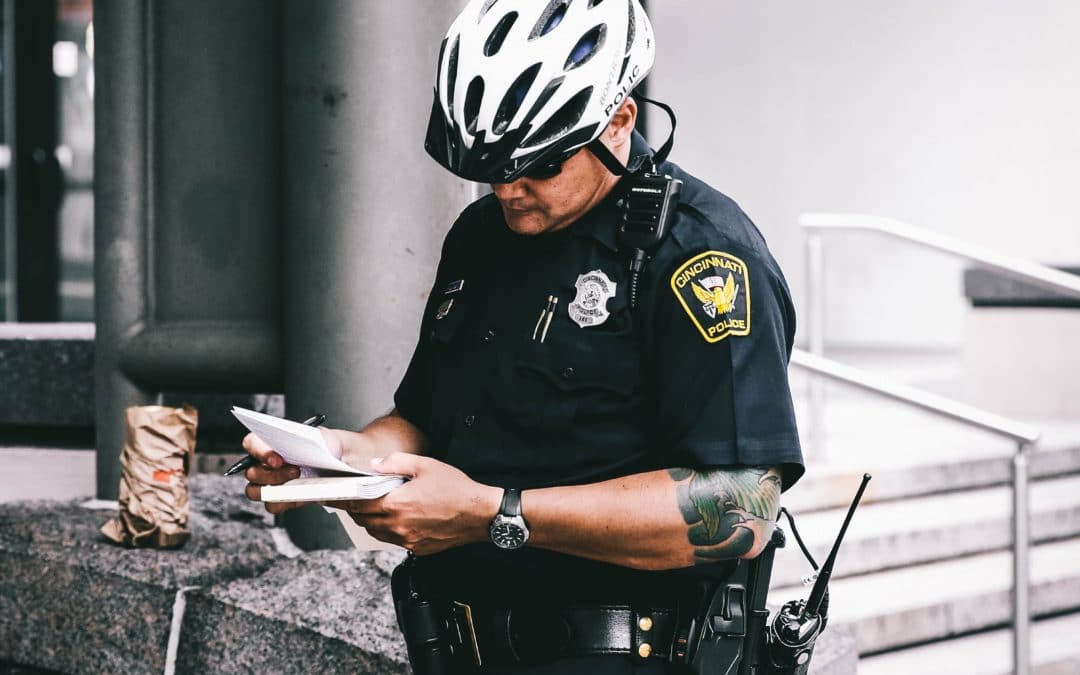DWI stands for driving while intoxicated, or in some cases, driving while impaired. DUI is an acronym for driving under the influence. These terms can have different meanings, but both of these terms are applied to a driver who is being charged with a serious offense that risks the health and safety of everyone. They can apply not only to impairment from alcohol or recreational drugs but also from driving when prescription drugs impair the driver’s motor skills and endanger themselves and others.
Depending on state law, the two terms are both used to describe impaired or drunken driving. Some state laws refer to the offense of drunken driving as DUI and others may call it DWI. It can become tricky when different states use both terms, applying one term to alcohol impairment and the other to impairment by drugs or an unknown substance because the meaning can flip-flop from state to state.
In some states, DWI refers to driving while intoxicated of alcohol with a blood alcohol content (BAC) over the legal limit, while DUI is used when the driver is charged with being under the influence of alcohol or drugs. In other states where both terms are used, DWI means driving while impaired (by drugs, alcohol or some unknown substance), while DUI means driving under the influence of alcohol.
According to Louisiana driving laws, drivers over 21 with a blood alcohol concentration (BAC) of 0.08% or higher are considered to be driving while intoxicated (DWI). Drivers under 21 can be charged with DWI if their BAC is 0.02% or higher. If a driver is charged with DWI, the driver could face fines, imprisonment, and the suspension of driving privileges. While Louisiana has implemented serious consequences for drunk drivers, the state does not handle compensation for other individuals involved in an accident resulting from drunk driving.
Both of these charges essentially mean that the arresting officer has reason to believe that the driver is too impaired to continue to drive the vehicle safely. In some jurisdictions, drivers can be charged with impaired driving (or driving under the influence) even if they do not meet the blood alcohol concentration levels for legal intoxication. For example, if a driver failed a field sobriety test or otherwise showed signs of impairment, they could be charged with driving while impaired (DWI) even if the blood alcohol concentration (BAC) is under the legal limit of 0.08.
If a driver is convicted or pleads guilty to drunk driving, they may lose their driver’s license and be subjected to pay fines in addition to court fees. If it’s a second or subsequent offense, they may spend some time in jail in addition to heavier fines and penalties. The driver may be placed on probation as well as perform community service. To get their driver’s license back, they may have to attend defensive driving classes and maintain a good driving record for a period of years after the arrest.
According to the Center for Disease Control (CDC), alcohol-impaired driving causes approximately 1 in every 3 vehicular accident deaths. Mothers Against Drunk Driving (MADD) reported that in the last year there were 3,379 alcohol-related car accidents in Louisiana alone.
You can protect your health and safety as well as that of others by never driving after drinking any amount of alcohol. Your abilities will be impaired even if your blood alcohol content is below the legal limit. If you are taking any prescription or non-prescribed drugs that carry a warning of impaired driving, it’s best not to get behind the wheel. The laws are in place to keep you and everyone else healthy and safe.
If you or a loved one has been involved in a drunk driving accident in Shreveport, contact Shreveport personal injury lawyer Joseph Greenwald at The Greenwald Law Firm for your free consultation.

